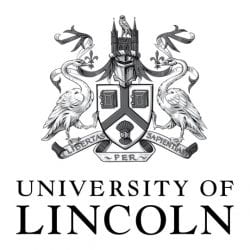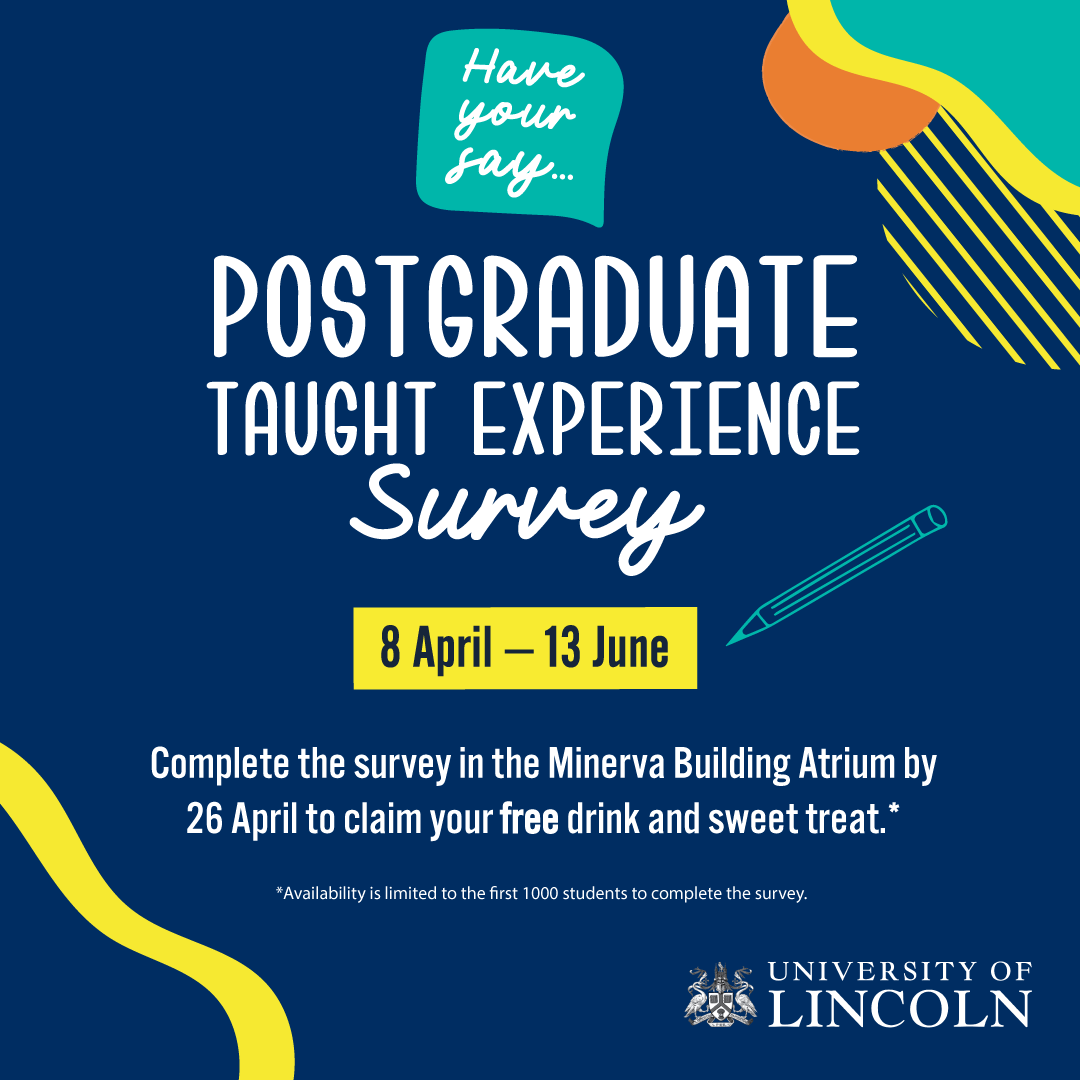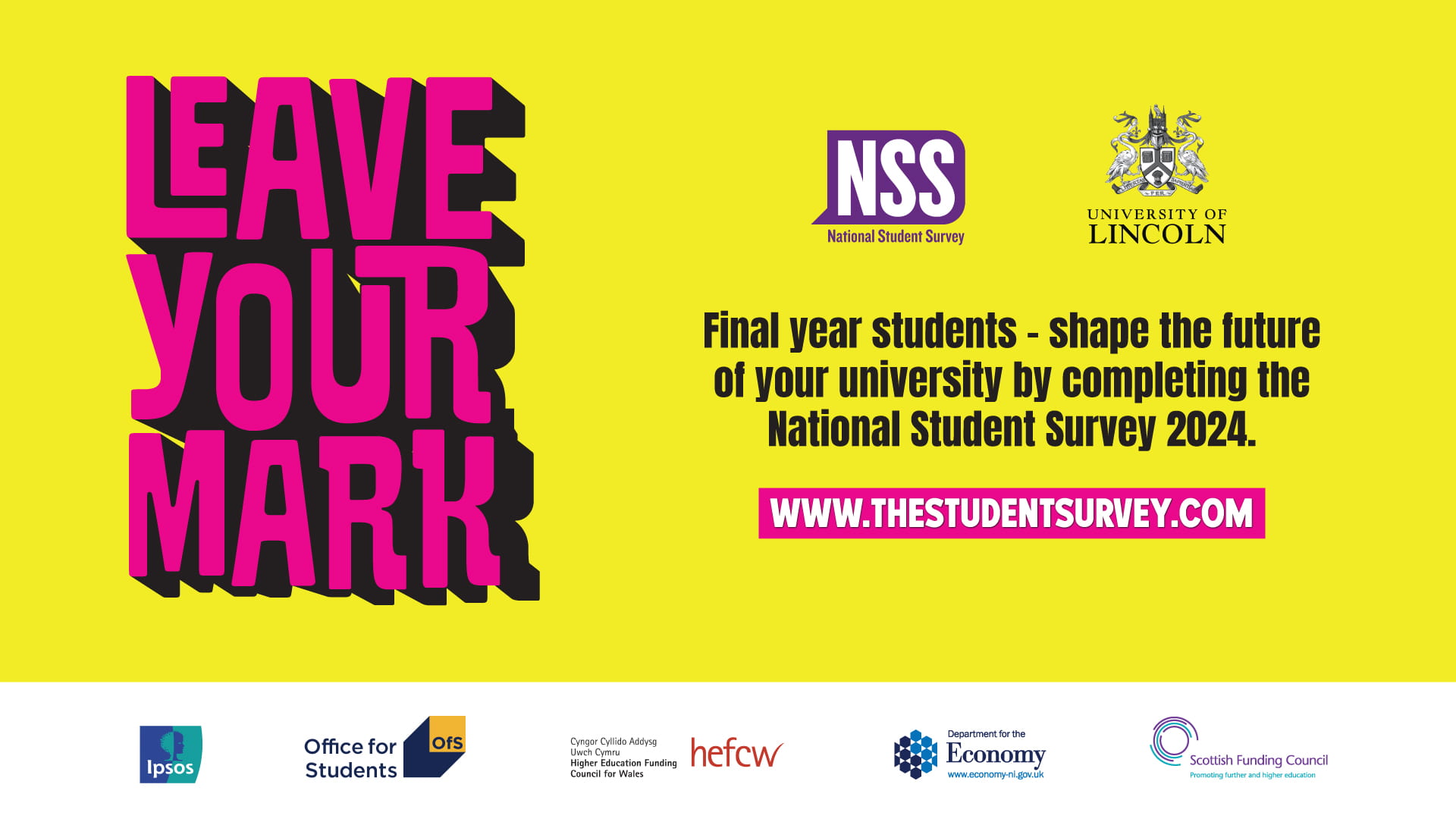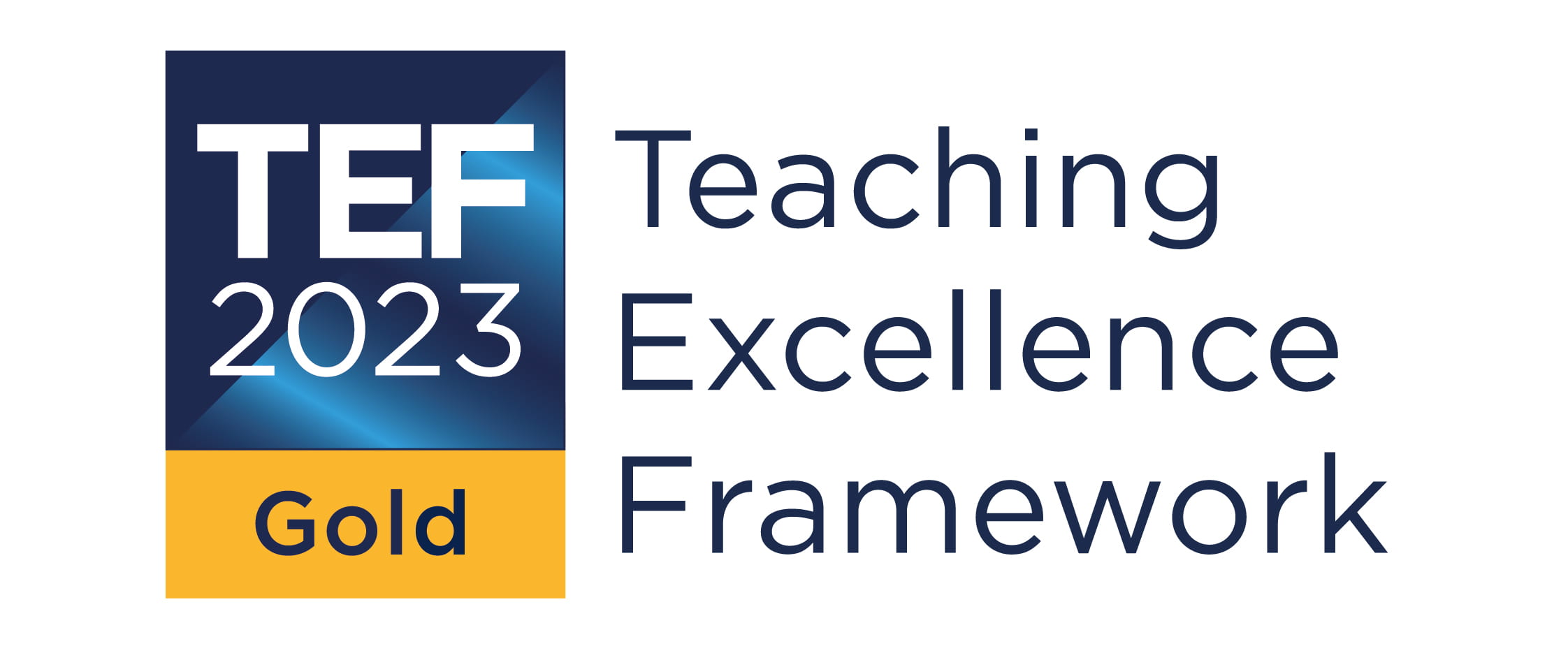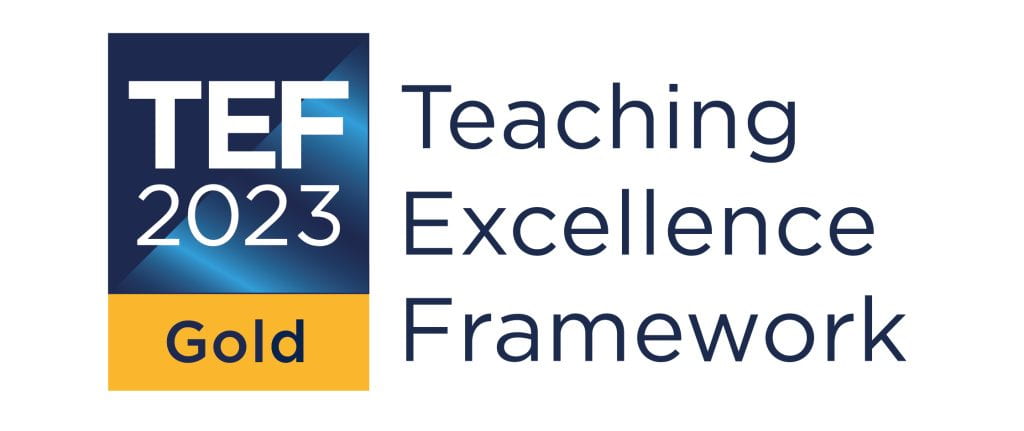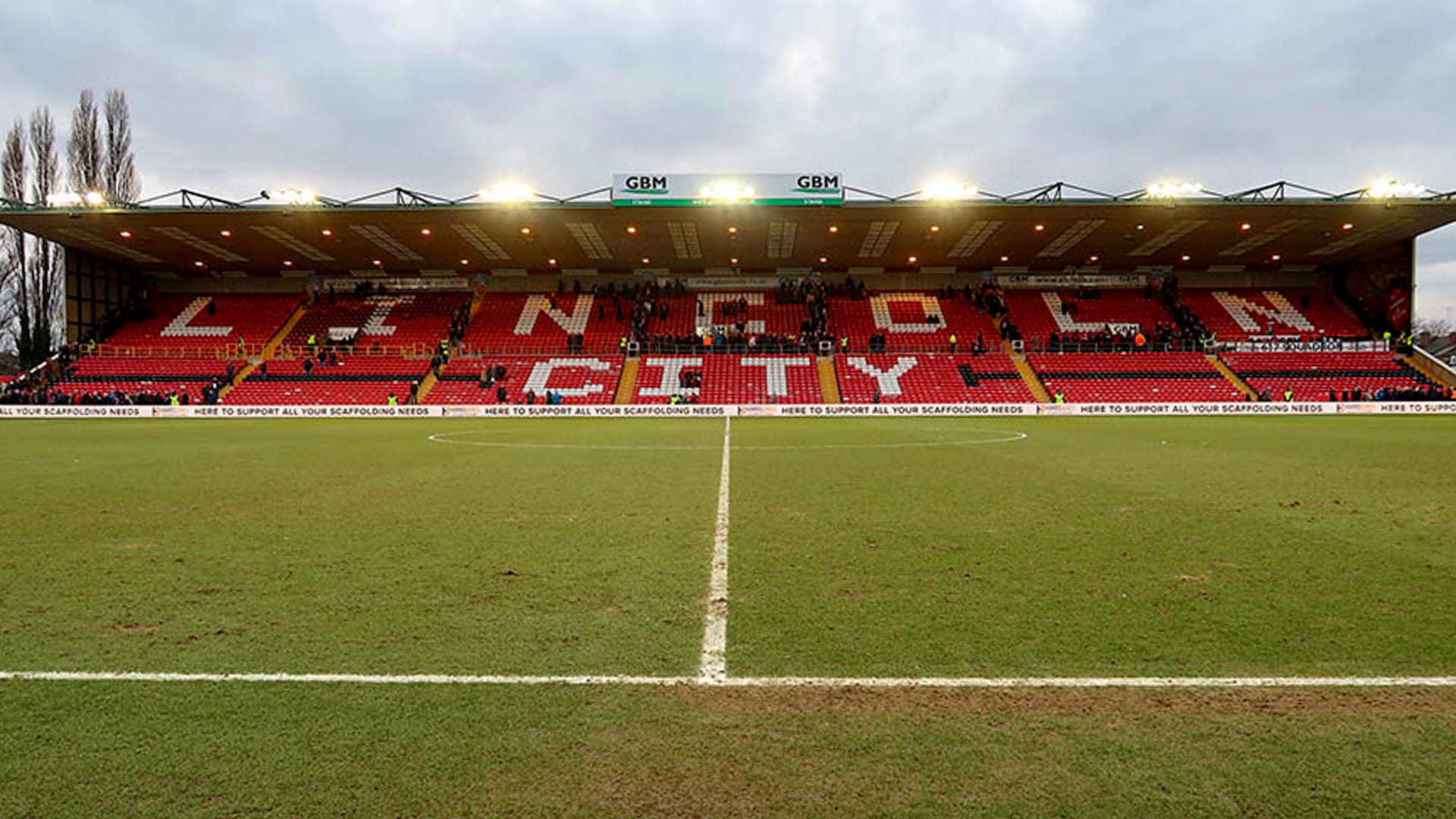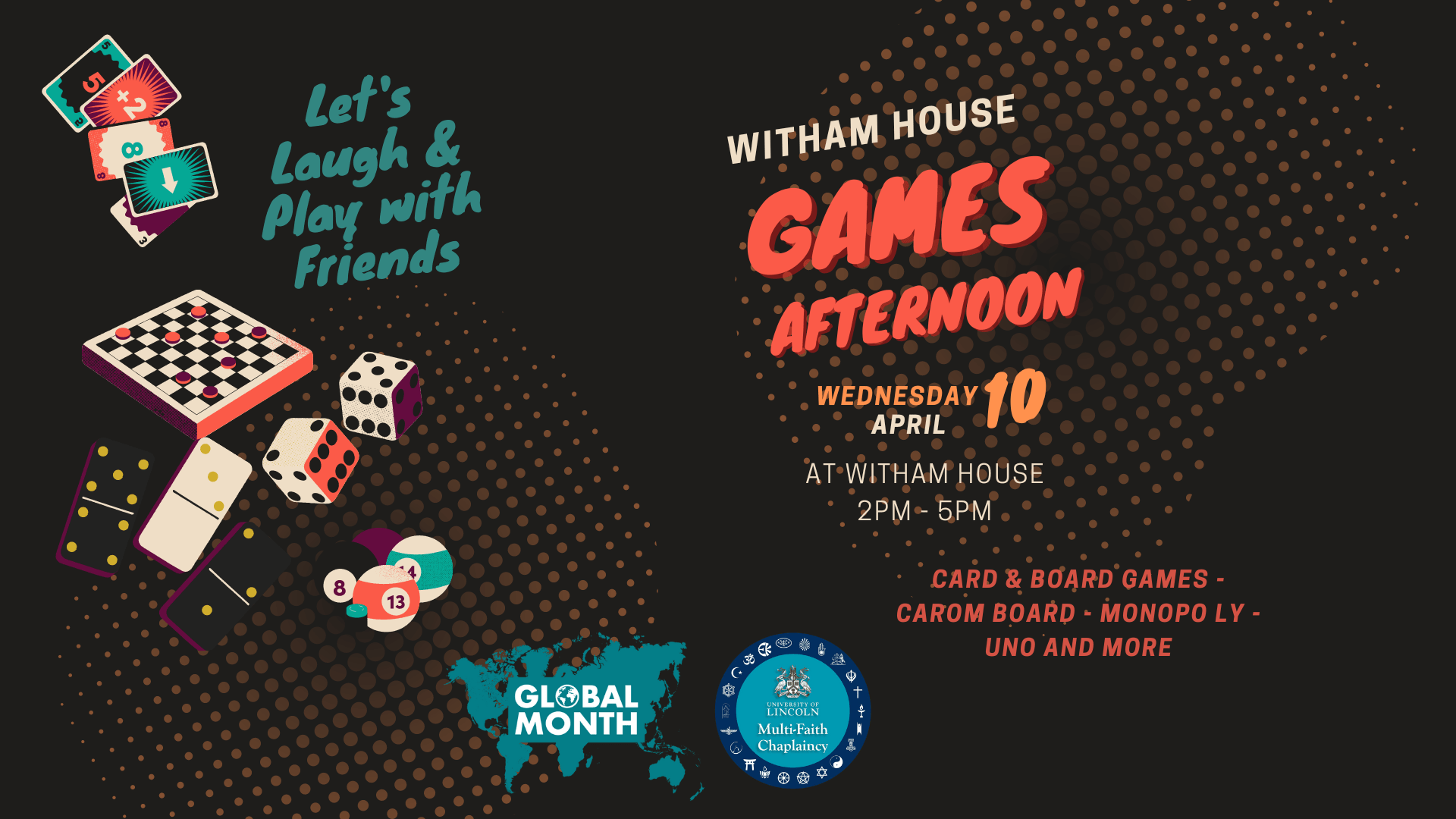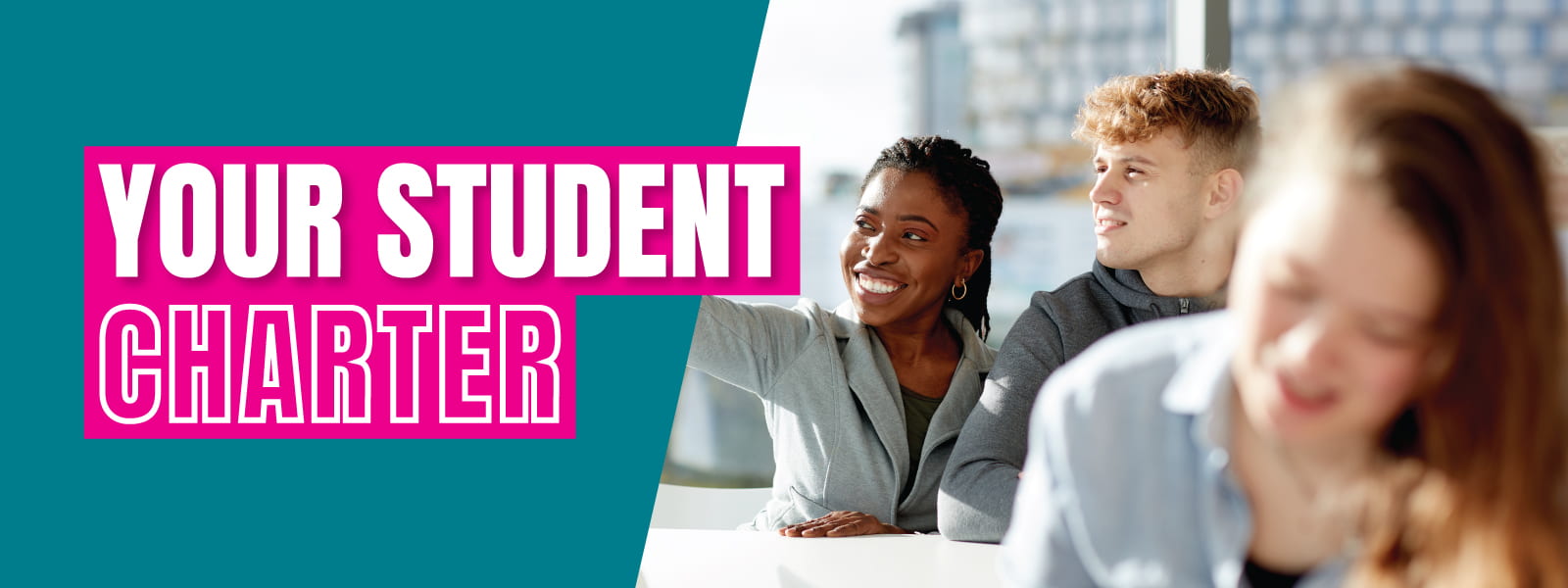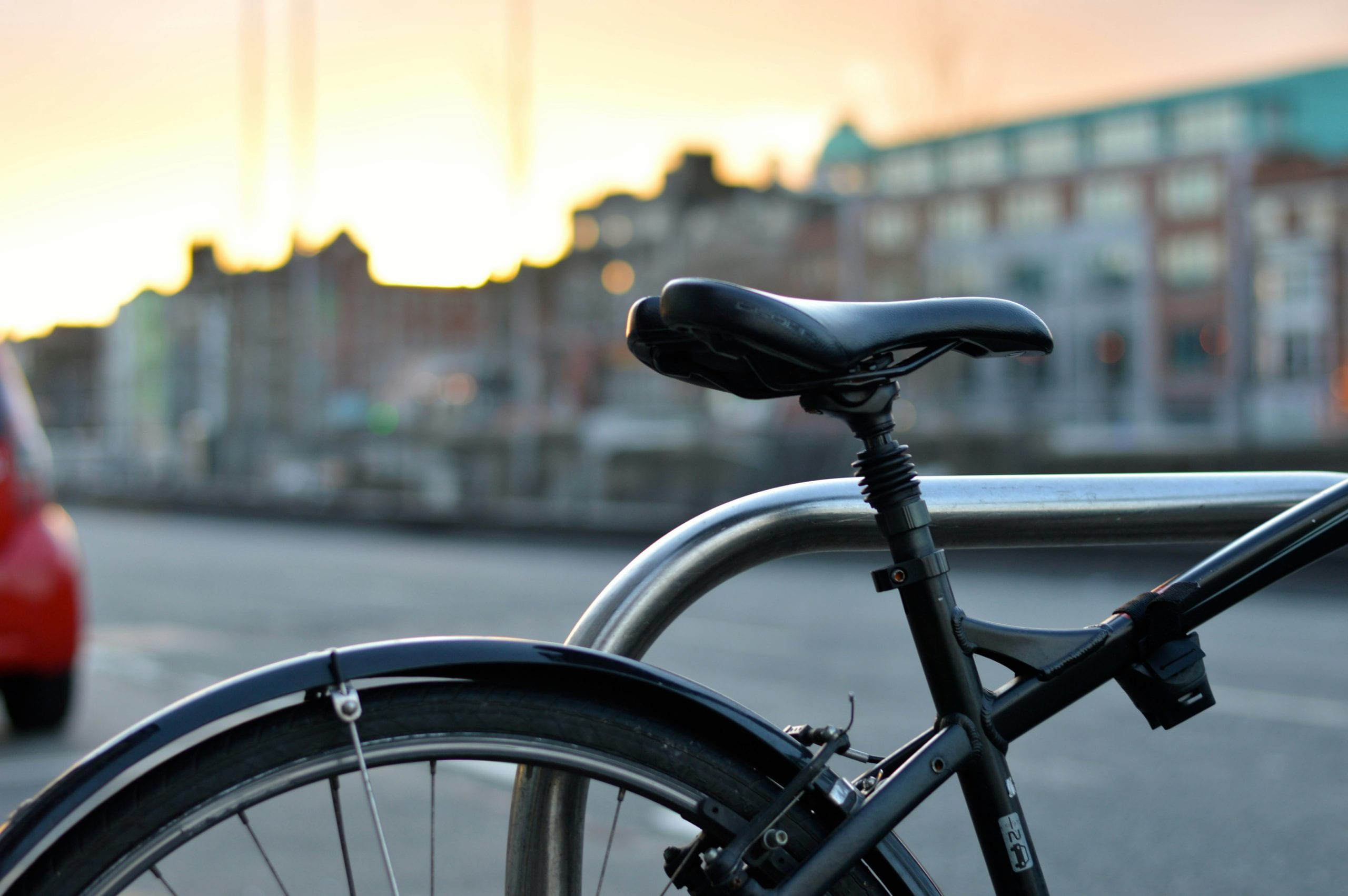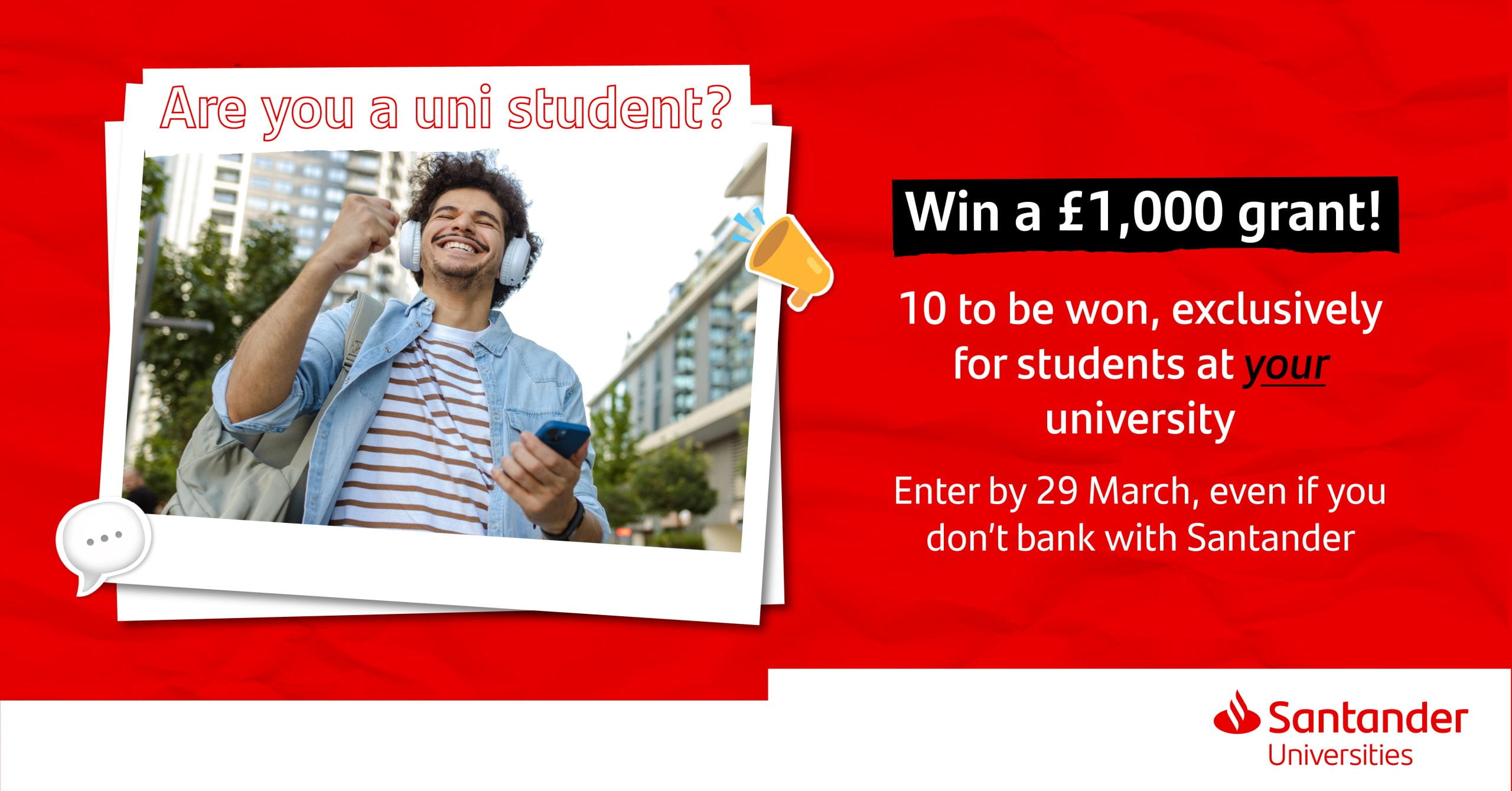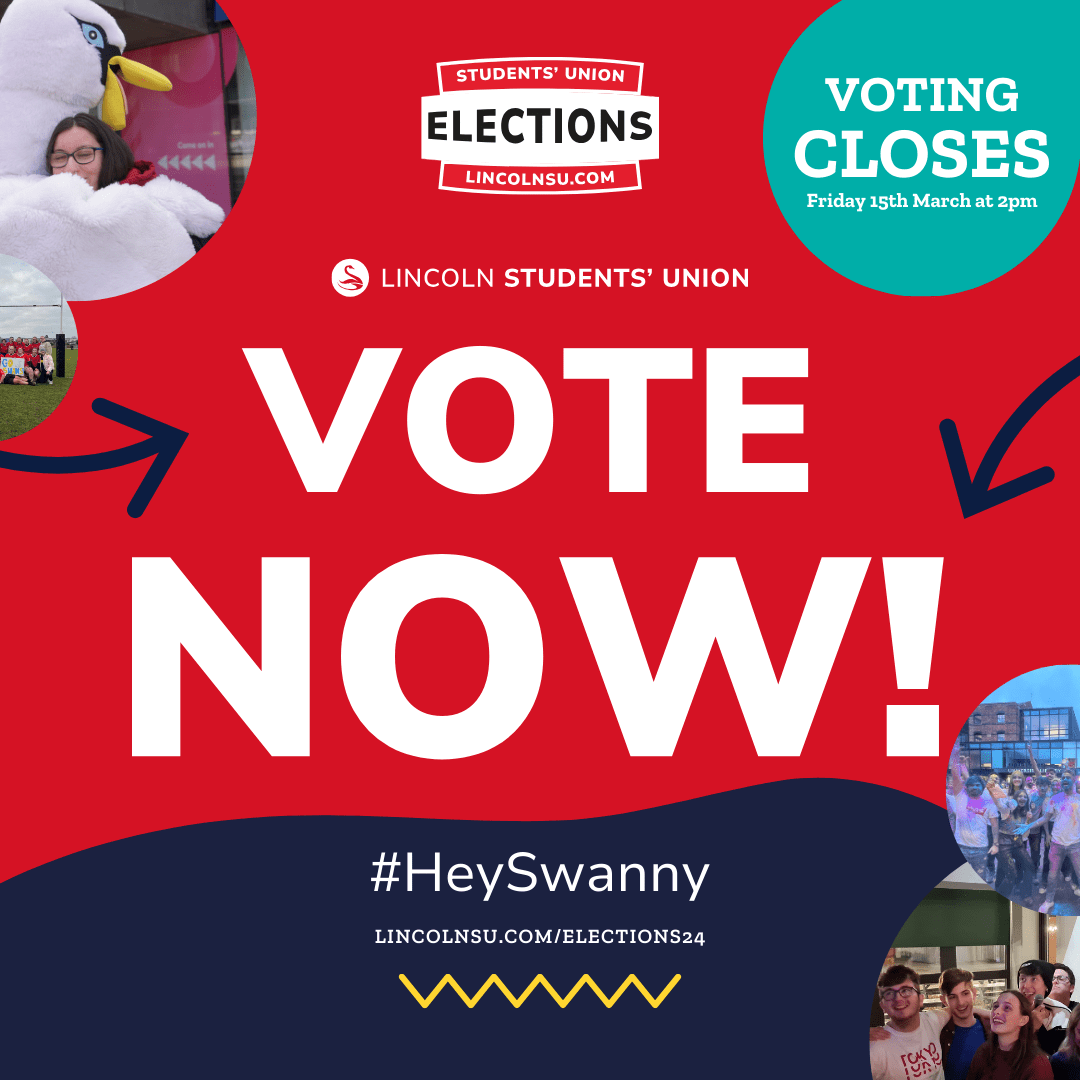Ramadan, also known as Ramzan, the ninth month of the Islamic calendar, is observed by Muslims worldwide.
In the UK, Ramadan is set to begin on the evening of 10 March 2024, and last until evening of 9 April, depending on the sighting of the moon.
During the month Muslims will fast from sunrise to sunset, pray and reflect.
Sawm, fasting, is fard (obligatory) for all adult Muslims but there are a few exceptions. If one is travelling, chronically ill, elderly, breast feeding, pregnant, diabetic, or menstruating, sawn is not expected. Timings of the fast will depend on where in the UK you are as well as the time of year. Kindly contact your local mosque or Islamic centre for the correct times for sunrise and sunset.
Muslims will eat before sunrise and before the first dawn prayer (Fajr) of the day and after this prayer will consume nothing until they break the fast at sunset, which will be also followed by the evening prayer (Maghrib). Suhur is the meal that is eaten before fasting begins each morning and the evening meal that breaks the fast is Iftar. When Muslims fast nothing will enter their body during daylight hours, and this includes water. All types of food, chewing gum, smoking and intimacy are not allowed.
Following Ramadan and sawm for the month is extremely important and significant for Muslims. There is a verse in the Qur’an that prescribes fasting therefore fasting is seen as an act of worship – an opportunity to become closer to God and to become more compassionate to those in need. The spiritual rewards (thawab) of fasting are believed to be multiplied during Ramadan. It is not only a month of sawm but a month of prayer (salat) and recitation of the Qur’an as it was in the month of Ramadan that the Qur’an was revealed to mankind.
Safe and healthy Ramadan:
It is important to remember if you fall into the group of people who are exempt from fasting then it is good to avail of this provision, otherwise fasting can make you unwell due to long hours of restraint from food and drink. Once all the calories are consumed from food eaten during the night, the body will use its stores of carbohydrate and fat to provide energy, hence the body will adapt to this limited energy slowly. Depending on the weather and time of the year – a winter fast will be shorter and easier as it is much colder than a fast during long and hot/warm summer days. One will suffer some mild dehydration which can cause headaches, tiredness and difficulty concentrating. If one normally consumes a lot of caffeine during the day, they might suffer some mild withdrawal symptoms but this will ease over the month.
When one breaks the fast the body will rehydrate and gain energy from the food and drink consumed. It is important to eat slowly and to start with plenty of fluids and low fat, fluid rich foods. It is good to eat a lot of fruit, vegetables, yoghurt, soup, and stews as they will also replace lost fluids. It is also good to avoid salty foods as salt increases thirst which is not good when you cannot consume water.
For Suhur one should consume healthy choices that will leave you feeling full and increase energy levels for longer. Some good foods to eat would be oats or high fibre cereals with milk and lots of healthy toppings likes nuts, seeds or fruit. Try to eat wholegrains where possible. It is crucial to drink as much water as you can during the night as this will help keep you hydrated during the day and will help to prevent you feeling faint.
Iftar is the meal at sunset which is eaten to break the fast every evening during the month of Ramadan. Once the sun has set there will be the call to prayer and the first food eaten will be a date (Khajoor/Tamar), if available, and after that the prayers will be performed followed by a full meal. Iftar can be eaten at home with family or a huge gathering at the local mosque.
Iftar at University: Tips from the ISA Officer
Fasting whilst at University is not easy because of all the deadlines and classes students still need to attend. Breaking our fast during Iftar is also very difficult because many of us may not be at home with our families. We have to break our fast on our own and prepare our own meals. However, we can work our way around this. The month of Ramadan has so many meanings and purposes, and one of them is to find the peace during one’s most difficult times in knowing that “after every difficulty follows ease” (Quran, 94: 5). Here are some tips on how to break your fast at University:
– Make sure to eat something as soon as it is time to break your fast. Typically, the fast is broken by drinking water and eating a couple of dates or some fruit.
– PLAN! Plan your Iftar meal at least two to three hours in advance. This saves you from going hungry when it is time to break your fast and your meal is ready waiting for you. Your local Mosque should release a timetable of when the evening prayer (maghrib) takes place, which you can use as your guide for the month of Ramadan.
Alternatively, you can find out if there are any events happening in your local community or the University. The local Mosque may hold evening meals for their community and your University could also be doing the same. Of course, with a busy student life, you may not always find the time to cook meals for yourself so here are some amazing takeaway options in Lincoln: Asia Supermarket (they provide homemade curries freshly made every day), Chilli Spice, Hot Masala, The Bombay, Everest Xpress, Castle View, Castlegate, Blest Curry. Again, make sure to order in advance so you are not waiting for your food.
– Make sure your meals are healthy and can provide you with the nutrients you need. Many people will eat a lot of fried food, rice and curries when they break their fast and that is completely fine, only it is not that healthy. When you have not eaten anything all day, you should eat what makes you happy but be sensible. Please make sure to incorporate foods such as fruits and vegetables into your Iftar meals. However, be mindful not to overeat because your appetite may not be as big as you would have expected.
– Keep in contact with your friends and family. Some students may be living at their University accommodation during Ramadan. If you are a student who is not with your family, there are still ways to connect with them. Why not have a virtual prayer and Iftar with your friends and family? Break your fast over Facetime, Skype, or Teams. This may not be the most ideal way, but it means you are still connected, and you are finding new ways to be with your loved ones even during this difficult time.
– Iftar with your flatmates. There will be many non-Muslim students who may or may not know about Ramadan. If you are a Muslim student who will be fasting and are living with non-Muslim friends, make sure to let them know so that they are aware of your situation. And for Iftar, why not get them involved? Cook a flat or house meal together and break your fast with your friends! This is a great learning and bonding opportunity, and I am sure many of them would be happy to take part and learn about this holy month. You can introduce them to new foods if you are cooking or, if you have chefs in the flat, you can cook together.
– Make good intentions. During your maghrib prayer, make good intentions. If you set out with good intent, you will be rewarded. This will set you up for the rest of the evening, as well as the next day. When you do this on a regular basis, you will notice a difference in your attitude and mindset. Some intentions could be: to do well in your essays and exams and knowing you have put in 100% effort no matter what the result is, earning a halal income to support yourself and your family, to be productive but also to look after your health, to do well in your degree so you can have a successful career.
– REST! After you have prayed and broken your fast, take a couple hours to yourself. Use this time to pray, read the Qur’an, or to just rest. The first couple of weeks will be difficult and it is so important to acknowledge when it is time to rest. A day without eating and drinking is hard, and you will be doing this for a month. Take a couple hours to rest and strengthen your relationship with God and Islam.
– Eat small meals until Suhur
Suhur is your morning meal and usually it takes place before the first prayer of the day (Fajr). This is the meal which will allow you to do your normal activities during the day so, if possible, make sure to have a good Suhur meal. However, the period between Iftar and Suhur is when you are allowed to eat. I would recommend eating small portions of food during that period. This way, you are getting the nutrients you need for the following day. Again, make sure this is food which is high in nutrients and won’t make you feel too full and uncomfortable. And drink as much water as you can!
Ramadan is about bonding and together-ness. It is a month about putting others first before yourself.
Academic Tips
If you are a Muslim student who will be fasting during the month of Ramadan and you have essays and exams, make sure to communicate this to your tutors. They will be aware of Ramadan and will understand how difficult it may be. Therefore, it is important to keep in regular contact with your lecturers and tutors so that you can adjust your workload when needed.
Eid al-Fitr
Eid al-Fitr is the festival of Breaking the Fast, a religious holiday celebrated by Muslims worldwide at the end of the month of Ramadan. During Eid al-Fitr there is a special prayer (salat) that has two rakats and in Islamic countries will be performed in the open. Eid will begin at sunset on the night of the first sighting of the new crescent moon. It can be celebrated for up to three days and as part of the Eid rituals one gives fitra (giving a small amount of voluntary charity).
The day will start with prayer and a big meal is planned. A time of celebration after accomplishing the most important of duties – fasting. Gifts are exchanged and visiting friends and families (this year Eid will be on 10 April depending on the citing of the moon). As people pass each other in the street on their way to family/friends, they will hug. On this day people create feelings of goodwill and all feelings of animosity are put aside and forgotten.
What you eat and how you specifically celebrate Eid al-Fitr will depend where in the world your family originated from. Different cultures have different food that they celebrate with.
Zakat:
Zakat, the third pillar of Islam, is giving compulsory charity for those who fall in above the threshold and takes place during month of Ramadan. Muslims have a social responsibility as part of their service to Allah and this is a duty one must perform. They must donate to charity 2.5% of their total net worth excluding obligations like utility bills, rent/mortgage etc and family expenses. If the family or individual cannot meet their basic needs, then they are not obliged to give in charity.
Iftar:
Community Iftar at the University of Lincoln
The University is having a Community Iftar organised by the Multi-Faith Chaplaincy, Islamic Society and Students Union on Wednesday 20 March from 6-10pm.
Food will be eaten following the evening prayer. To book a place please click on the following link https://chaplaincy.lincoln.ac.uk/calendar_event/iftar
What is Iftar:
Iftar is an Arabic word meaning to break and it is the meal eaten every evening during the month of Ramadan to break the fast. The first food eaten when breaking the fast is usually a date. This meal is consumed at sunset. Once the sun has set there will be the call to prayer and the evening prayer (maghrib). Following prayers, a full meal is eaten. Iftar can be a meal at home with family or a huge gathering at the local Mosque.
The Significance of Iftar:
Iftar is a significant part of Ramadan as it happens daily and it is not just a meal, not just a family having dinner. It is the partaking of a combination of spiritual and physical food. Iftar is dinner combined with a spiritual experience – you experience hunger in the daytime and then discover the importance of food and water which give us energy, discovering that you cannot live without food and water. As part of this experience of taking food and water in the evening, one is filled with gratitude for God because He created you and provided all of our basic needs. Iftar gives physical energy and it is a source of spiritual development.
For further information please follow the links below:
Multi-Faith Chaplaincy 01522 886079 or 07543303513
Muslim Chaplain at the University of Lincoln Multi-Faith Chaplaincy – chaplaincy@lincoln.ac.uk
Lincoln Central Mosque: https://www.lincolncentralmosque.org.uk/ or on Facebookhttps://www.facebook.com/LincolnCentralMosque/
The Lincoln Mosque has daily Iftar for travellers and students who can’t afford or don’t have cooking facilities. They also have a weekend Iftar – to register for the weekend Iftar please use this link. https://buytickets.at/theislamicassociationoflincoln/1190715
Lincoln Sister Forum: Facebook https://www.facebook.com/Lincoln-Muslim-Sisters-Forum-663250873793159/
Muslim Council of Britain: https://mcb.org.uk/
The Ahmadiya Community are hosting an Iftar every Saturday evening during Ramadan at their Mosque in Scunthorpe.
